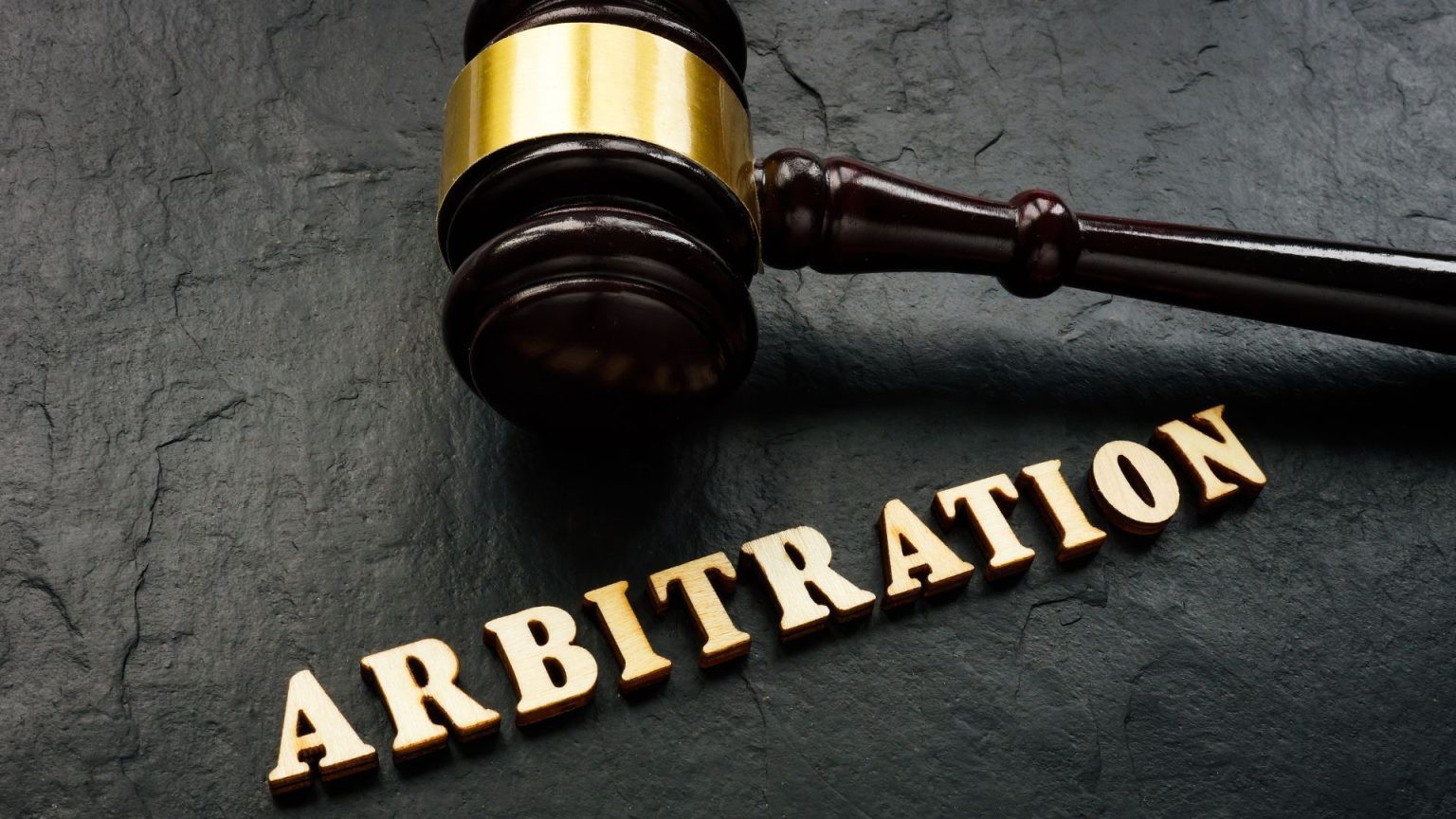Published: Sept. 4, 2024
Last Updated: Nov. 16, 2024

Arbitration is widely favoured as a dispute resolution method primarily because it offers a high level of confidentiality, a stark contrast to the often-public nature of court proceedings. In many jurisdictions, court cases are typically open to the public, and court documents, judgments, and proceedings are generally a matter of public record. In contrast, arbitration is designed to be a private process, where the parties can maintain control over what information is disclosed to the public. This confidentiality in arbitration is achieved through various means, such as private hearings, confidential agreements, limited public disclosure, and privacy protections in the arbitration rules themselves. Experienced arbitration lawyers in Dubai can guide parties in navigating these confidentiality measures, ensuring that sensitive information remains protected throughout the arbitration process.
One of the key ways arbitration ensures confidentiality is by conducting hearings in private settings. Unlike courtrooms, which are usually open to the public, arbitration hearings are typically held in private conference rooms, law firm offices, or other non-public venues. The parties, their legal representatives, the arbitrators, and any necessary witnesses are the only individuals allowed to attend. This controlled environment ensures that the details of the dispute, sensitive documents, and testimonies remain out of the public eye. By limiting access to the proceedings, arbitration protects the privacy of the parties involved, which is especially valuable in cases involving sensitive business information, trade secrets, or reputational concerns.
Arbitration proceedings often involve explicit confidentiality agreements signed by both parties, their legal representatives, and the arbitrators. These agreements legally bind all participants to maintain confidentiality regarding all aspects of the arbitration, including the existence of the proceedings, the evidence presented, the submissions made, and the final award. Any breach of these agreements can result in legal consequences, including damages or sanctions. Confidentiality agreements provide an added layer of security, ensuring that all participants understand and commit to preserving the privacy of the arbitration process.

Many arbitral institutions, such as the International Chamber of Commerce (ICC), the London Court of International Arbitration (LCIA), and the Dubai International Arbitration Centre (DIAC), have specific rules and guidelines regarding confidentiality. These rules often stipulate that the proceedings are confidential by default, and the parties and arbitrators are obligated to keep all information private unless there is an agreement to the contrary. For example, the LCIA Arbitration Rules provide that unless the parties agree otherwise, the tribunal and the institution must not disclose any information related to the arbitration or its award. These institutional rules create a structured framework that reinforces confidentiality and assures the parties that their dispute will remain private.
Unlike court judgments, which are generally public documents, arbitration awards are private and typically only disclosed to the parties involved. Unless the parties agree to publish the award, it remains confidential. Even when awards are published for educational or professional reasons, they are often anonymized, removing any identifying details to protect the parties’ identities. This practice limits the dissemination of sensitive information and ensures that the details of the dispute and its resolution are not publicly disclosed.
Arbitration proceedings involve only the parties to the dispute, their legal representatives, the arbitrators, and any necessary witnesses or experts. There is no jury, and third-party involvement is minimal. This limited participation reduces the number of individuals who are privy to confidential information, minimizing the risk of unauthorized disclosure. In contrast, court proceedings often involve multiple parties, public officials, court staff, and sometimes a jury, increasing the likelihood of information being leaked or disclosed inadvertently.
In many jurisdictions, legal protections reinforce the confidentiality of arbitration proceedings. Courts often uphold the confidentiality obligations set out in arbitration agreements and are generally reluctant to compel the disclosure of information related to arbitration. In some cases, privacy laws and regulations may also apply, offering additional safeguards for protecting personal or sensitive data during arbitration. This legal framework supports the enforcement of confidentiality obligations, ensuring that parties can rely on the privacy of the arbitration process.
Confidentiality in arbitration helps protect parties from the public scrutiny that often accompanies court proceedings. This is particularly important for businesses that wish to avoid negative publicity, reputational damage, or the disclosure of commercially sensitive information. The confidential nature of arbitration allows parties to resolve disputes without risking their market position, investor confidence, or customer trust. For example, in cases involving intellectual property or trade secrets, arbitration ensures that proprietary information is not exposed to competitors or the general public.
Arbitration allows parties to tailor the procedural rules to their specific needs, including confidentiality provisions. Parties can agree on the extent of confidentiality, the handling of documents, the participation of experts, and the publication of the final award. This flexibility enables them to create a bespoke process that aligns with their privacy concerns, enhancing the confidentiality of the proceedings even further.
Conflict resolution through arbitration offers a confidential forum for resolving disputes and safeguarding the privacy of the parties and the sensitive information involved. Through private hearings, confidentiality agreements, institutional rules, limited disclosure of awards, reduced third-party involvement, legal protections, and procedural flexibility, arbitration offers a secure and private alternative to public court proceedings. This emphasis on confidentiality makes arbitration an attractive option for parties seeking to resolve disputes discreetly, maintain business relationships, and protect their reputations in the process. If you're looking for expert guidance in navigating arbitration, consider consulting with the experienced team at Al Adl Legal Firm, renowned for their expertise in dispute resolution and commitment to providing tailored solutions that meet the unique needs of each case.














